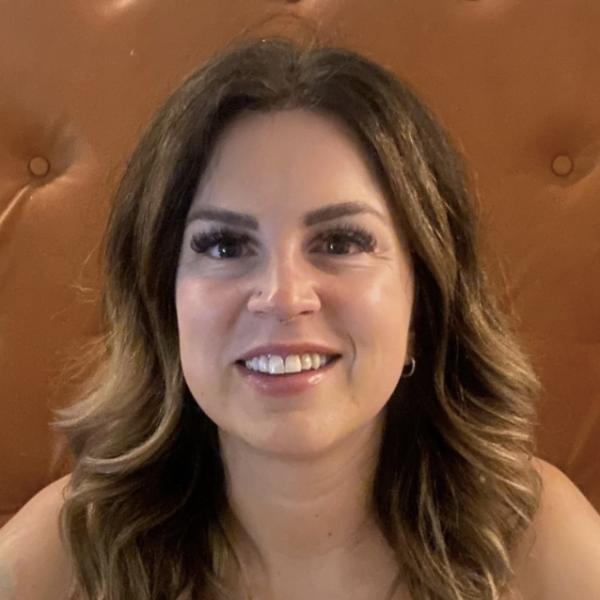Nurse Practitioner Breanna Lloy achieves Doctor of Nursing, focuses on supporting new nurse practitioners in transition from school to career

“I found it a challenge as a Nurse Practitioner when I went from school to career,” said Breanna Lloy, provincial professional practice leader for Nurse Practitioners (NP) at Nova Scotia Health. Now newly graduated with her Doctor of Nursing from the University of Toronto’s Lawrence Bloomberg Faculty of Nursing – the first in Canada to defend her thesis in this program – her research and work is focused on removing those barriers for new NPs.
Lloy chose to pursue a Doctor of Nursing (DN) rather than a PhD because the DN program “focuses on taking good ideas from research and putting them into practice.” She chose to look at how NPs coming together in communities of practice help NPs transition into practice. She also explored the barriers to transition to practice so Nova Scotia Health can design orientation programs to meet the needs of NPs.
When Registered Nurses (RNs) graduate and begin working, Lloy notes that they generally work on a unit or in a clinic alongside other RNs; there’s a built-in community of support. Most NPs, however, work in a practice where they are the sole NP, working collaboratively with physicians and other health professionals.
She noted that newly graduated NPs face two transitions – from student to a new profession, and from RN to NP.
To inform her thesis, Lloy interviewed both senior NPs and new grads, as well as educators who support NPs, and operational leadership. All identified that the transition from student to practicing NP was a struggle.
The biggest takeaway in Lloy’s research was the lack of understanding of the NP role, which she says comes from the profession still being relatively new. The first NP started in Nova Scotia in 1999.
“From an organizational perspective, what are the professional needs of an NP? Their competencies? Their scope? Most organizations see NPs as clinicians only.”
However, Lloy said they also hold four other important competencies – research, leadership, advocacy and education. From a transition perspective, Lloy said, “One of the biggest barriers to transition is, where do we find the time to fit in those other competencies?” These competencies are important for patient care, and to retain talented NPs at NSH.
Lloy hopes that as NP numbers continue to grow, “We’ll get to the point where role clarity and understanding comes.” Nova Scotia College of Nursing reports there are now more than 463 licensed NPs in the province, with the profession having grown 15 to 20 per cent year over year in the past three years.
As professional practice leader for NPs, one of Lloy’s responsibilities is to lead the portfolio of new graduate NPs transitioning to practice.
“This involves one of our team members meeting with every new NP in the province and creating a transition plan,” explained Lloy. The team also works with operations managers to help ensure a smooth transition.
Another part of Lloy’s role is as a clinician scientist. In addition to conducting her own research related to NP practice, she will provide guidance and support to other NPs who are leading or participating in research teams. This is the second such role in Canada, modelled after a similar role in BC. Helping to enable this focus on research “adds to the joy of the NP role. New discovery, new ideas and new evidence improves systems, services and patient care,” said Lloy.